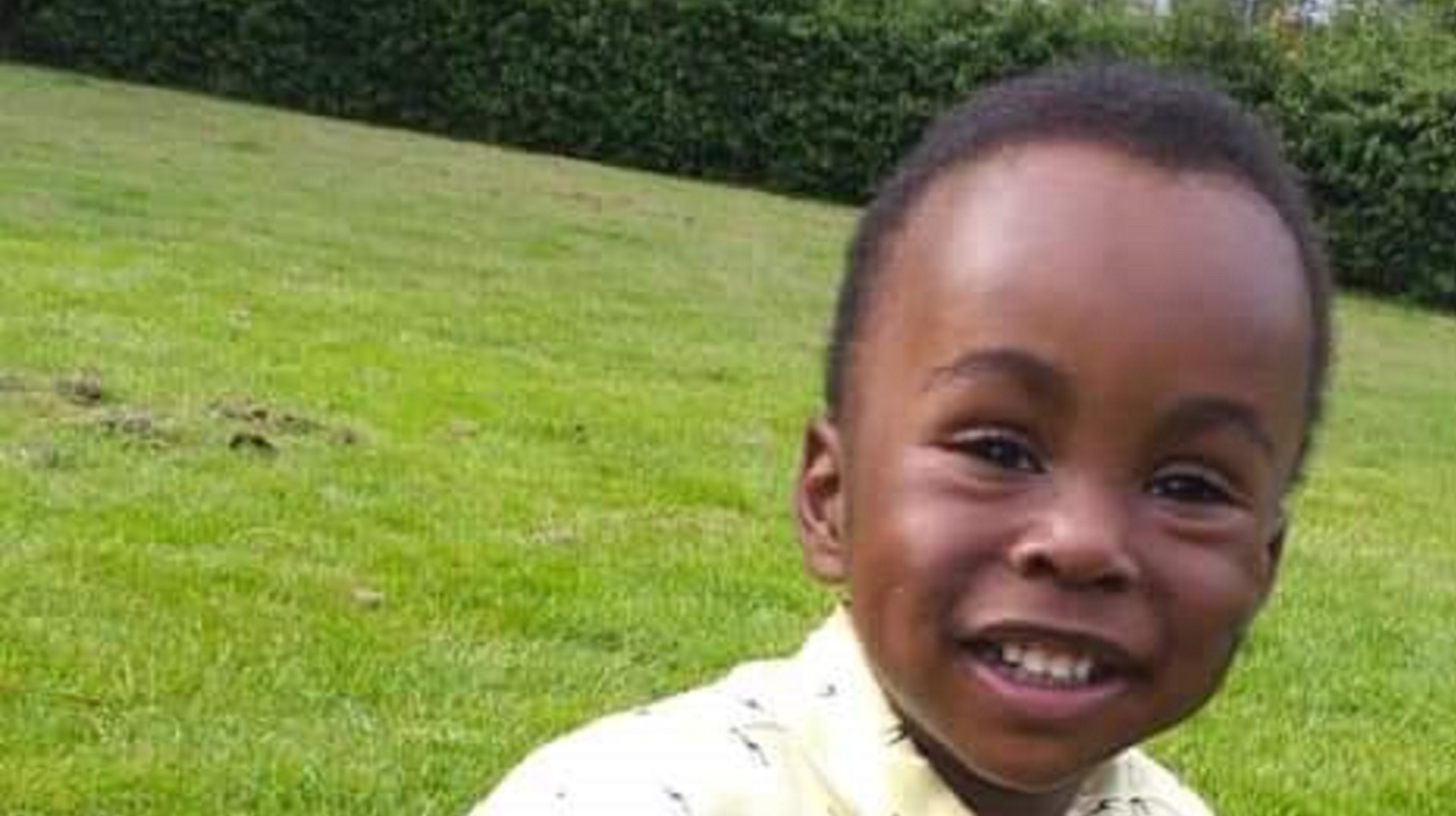Which part of Awaab Ishak’s death is most shocking? That he died at all? That in Britain, in the third decade of the 21st century, a two-year-old child should be in a home with such terrible conditions that he, literally, couldn’t breathe; that the damp mould in this place of what should have been sanctuary killed him. Should that be the most shocking, the thing that makes us most angry?
There are other pieces to this awful story that do not sit well. Awaab’s father first alerted Rochdale Boroughwide Housing, the social housing authority who owned the property, about the damp in 2017. He was advised to paint over it.
When little Awaab died in December 2020, his family, at their wits end trying to fix the terrible conditions, couldn’t get things sorted because a “legal disrepair process” prevented the work being carried out. That is, because there was a challenge in play to try and get the work done, the work couldn’t be done. Catch-22 and bureaucratic process stopped common sense and essential work.
Awaab’s family are refugees, fleeing conflict in Sudan. This was their welcome. When some self-important MP, high on the hog with subsidised meals and subsidised bars in the Palace of Westminster, stands up and castigates the ‘four-star’ treatment laid out to refugees and those seeking asylum in Britain, send them a photo of Awaab Ishak. Send them a photo of the black, killer mould climbing unabated up the wall of the one-bedroom flat.
- Child poverty in the UK: The definitions, details, causes, and consequences
- Social housing tenants should get compensation for living in homes ‘unfit for habitation’
- Calls for social housing rent strike as government rejects freeze
It took the coroner at Awaab’s inquest to be the agent for essential change, saying the child’s death should be a “defining moment” for the housing sector. Problems extend well beyond Rochdale. It is estimated that there are almost a million homes in England alone that have “serious damp”. While they are not all social housing, two years on from the death of Awaab Ishak there is potential for further tragedies.
There are a multitude of major issues facing so many of us now. We all feel the impact of inflation and the shock of energy bill rises hammering in. As I write this, it’s unclear how Jeremy Hunt’s budget will impact the poorest, how any double whammy of tax rises and public spending cuts will usher in the new era of austerity. But it’s not going to be good for those with least.









